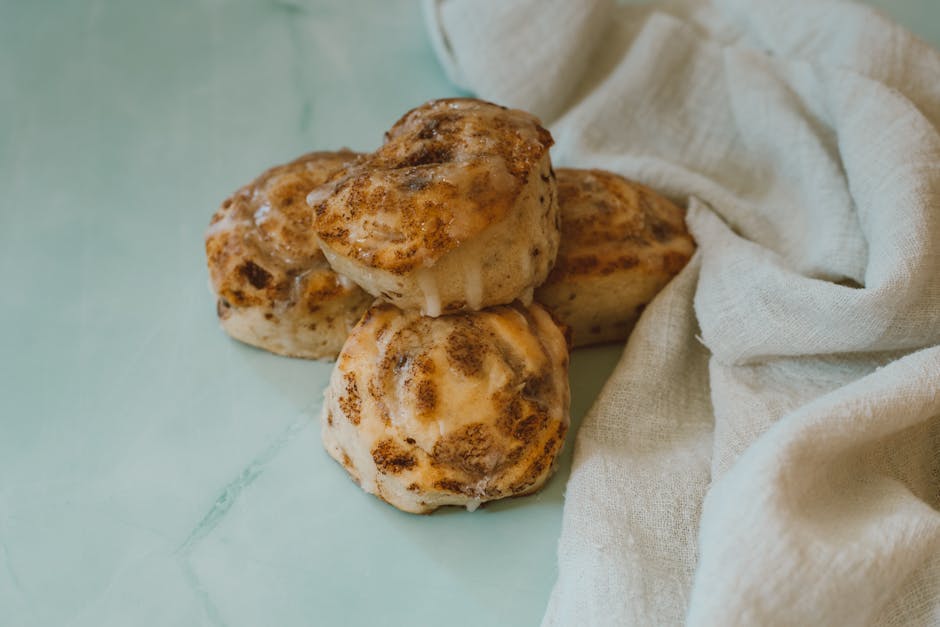Butter, a culinary staple, imparts a rich, decadent flavour and texture to countless baked goods. However, dietary preferences, allergies, or simply a desire for variation necessitate exploring alternative fat sources. This exploration delves into a range of substitutes, providing insights into their characteristics, advantages, and potential drawbacks for a range of baking applications.
A key consideration when selecting a butter substitute is its impact on the finished product. Different fats possess varying levels of fat content, melting points, and emulsifying properties. These differences will directly influence the final outcome, from flakiness in pastries to moisture levels in cakes.
A popular choice for those seeking a dairy-free option is vegan butter. Generally made from plant-based oils like coconut oil, palm oil, or a blend, vegan butter can mimic the texture and flavour of traditional butter to a degree. Coconut oil, in particular, contributes a distinct tropical flavour that might not suit all recipes. Its high melting point makes it suitable for baked goods requiring a firm structure, but it can also lead to a slightly greasy feel if overused. On the other hand, palm oil, while a more neutral flavour, can impart a subtle palm oil aftertaste in some cases. Its consistency is more akin to traditional butter. These substitutes are often found in recipes calling for a firm base or when a vegan alternative is required.
Another viable alternative is shortening. Shortening, typically composed of hydrogenated vegetable oil, provides a neutral flavour and an excellent ability to create a tender and flaky texture, particularly in pastries and biscuits. Its high melting point and low water absorption render it exceptionally well-suited to tasks where crispness is desired. Shortening’s primary disadvantage is its occasionally pronounced lack of moisture, which could lead to overly dry baked goods if not balanced with sufficient moisture from other ingredients.
Olive oil, a versatile cooking oil often associated with Mediterranean cuisine, can find application in some baking scenarios. Its aromatic profile and unique flavour contribute to the complexity of certain recipes, but it’s crucial to recognize its role as a primary fat source, as it will affect the final product’s texture. While its intense aroma is not usually undesirable, it is worth noting that the flavour of olive oil can be quite pronounced, so its use in delicate baked goods requires careful consideration. Its lower melting point can impact the overall structure of the baked good, and the resulting product may be somewhat moist, which may not suit all recipes.
For those seeking a more subtle replacement, applesauce is an intriguing option. The puree provides moisture and moisture-binding properties. It contributes a subtle sweetness, but does so at the expense of rich texture. Apple sauce performs exceptionally well in cakes and muffins, adding richness without overpowering other ingredients. The moisture content and its ability to contribute to the product’s moisture content makes it ideal for muffins, cakes, and certain cookies.
Other options include avocado oil and melted margarine. Avocado oil, similar to olive oil in its neutral flavour and moisture content, will offer comparable performance in baking while providing a unique taste, especially appropriate in recipes that call for a subtly nutty note. Margarine, a product widely available in grocery stores, offers a compromise between traditional butter and alternatives. It usually comprises vegetable oils and additives, creating a product with a texture and flavour profile very similar to butter but at a much lower cost. The performance of margarine will largely depend on the type used, and some can produce a denser texture.
It’s also important to consider the role butter plays in a recipe. Is it providing richness, flakiness, or moisture? This will dictate which substitute will best approximate the desired outcome. For example, if the recipe hinges on butter’s ability to create a flaky texture in pastry, using shortening or vegan butter may prove more effective than using oil. Likewise, recipes that necessitate a rich and creamy texture might not be well-served by a substitute that lacks the richness of butter.
Ultimately, the best substitute for butter in baking hinges on individual preferences, dietary needs, and the specific demands of the recipe. Experimentation is key to discovering which substitute will seamlessly integrate into the desired outcome, allowing bakers to explore innovative and delicious variations on familiar favourites. The world of baking alternatives is vast, with a diversity of options that cater to various tastes and dietary requirements. Embark on this exploration with an adventurous spirit and relish the journey of creating delightful baked goods using the best possible alternatives.






